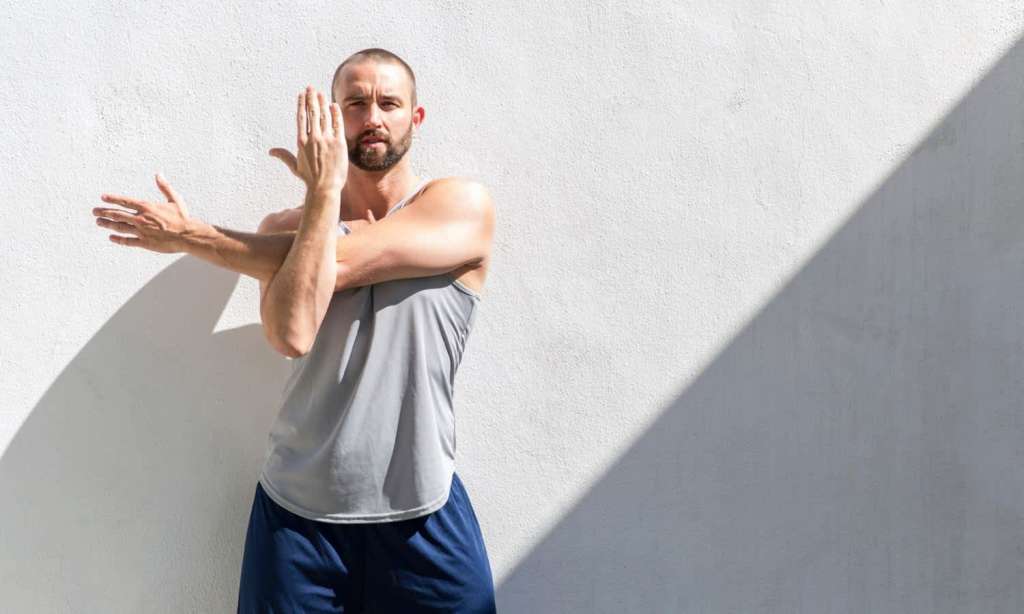Anxiety is very common and very normal. People experience anxiety around phone calls (the millennial way) and even after exercise. Your thoughts might not be racing, but your muscles are definitely feeling it. In fact, they’re tight and clenched.
Is it work? Sleep? Maybe you’re just burnt out. Wait, now the muscles are feeling it even more — it’s painful…debilitating, even.
This is more common than you think. In fact, according to Anxiety Centre, muscle tension and pain are often symptoms of anxiety disorder. Mark Debus, behavioural health team lead at claims management company Sedgwick, explained to Bustle that “When we’re feeling anxious or scared, our muscles tense up in preparation for our bodies to respond to a real or perceived threat.”
Why? It’s part of the fight or flight response — the one that the human body has responded to for literal millennia. As Harvard Health explains it, this response “helps someone fight the threat off, or flee to safety”. The thing is, now our body reacts to things that aren’t life-threatening — mundane things, including traffic jams.
The exact physiological response? “The heart beats faster than normal, pushing blood to the muscles, heart, and other vital organs. Pulse rate and blood pressure go up. The person undergoing these changes also starts to breathe more rapidly,” Harvard Health explains. Tension is held, muscles get sore. Sometimes, they spasm.
Perhaps you don’t experience the above, but you clench your jaw, ball your fists up, tense your shoulders. Unsurprisingly, these also cause muscle pain.
If you’re reading this, and feeling a little attacked — or a little stiff — there are some things you can do. Tense and release exercises can help; you need to tense an individual muscle for five to seven seconds, then release it for around 10 seconds. This is also a great stretch to do before sleep.
Physical activity can also help. It can be something as simple as taking a brisk walk shortly after feeling stress — deepening your breathing, relieving muscle tension. Doing so in a green space can reduce stress even more. Social support is also another suggestion; emotional support can indirectly help to sustain people at times of chronic stress and crisis.
Read more stories from The Latch and subscribe to our email newsletter.







